Is IVF in Spain the Best Option for Couples Struggling to Conceive?
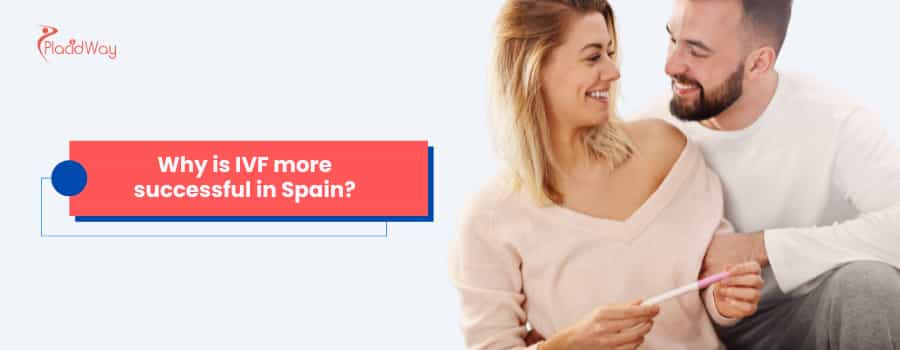
Spain has become a leading destination for individuals and couples seeking In Vitro Fertilization (IVF), and for good reason. The country boasts some of the highest IVF success rates in Europe, driven by a combination of progressive laws, cutting-edge technology, and a strong focus on patient care. If you're exploring fertility treatments abroad, understanding why IVF in Spain is so successful is the first step on your journey. This comprehensive guide will answer your most pressing questions, providing clear, concise information to help you make an informed decision about your fertility future.
From the legal landscape to the cost of treatment, we'll delve into what makes Spain a top choice for IVF. We’ll explore the advanced techniques used in Spanish clinics, the renowned egg donation program, and what you can expect during the treatment process. Whether you're just beginning your research or are ready to take the next step, this information will provide valuable insights into the world of IVF in Spain.
What are the IVF success rates in Spain?
"IVF success rates in Spain are among the highest in Europe, with rates for IVF with own eggs being competitive and egg donation success rates reaching up to 65% per cycle in many top clinics."
The success of IVF in Spain is a primary draw for international patients. For IVF treatments using a patient's own eggs, success rates are comparable to and often exceed those of other Western countries. Factors such as the woman's age and the specific cause of infertility play a significant role in these outcomes.
Where Spain truly excels is in the realm of egg donation. The country's well-established and highly regulated egg donation program contributes to exceptionally high success rates. This is due to the availability of a large pool of young, healthy donors, which increases the likelihood of high-quality eggs and, consequently, a successful pregnancy. Many clinics in Spain report live birth rates from egg donation cycles that are significantly higher than the European average.
Why is IVF in Spain considered so successful?
"The success of IVF in Spain is attributed to a combination of factors including its progressive and flexible legislation, the availability of a large and diverse pool of anonymous egg donors, the use of advanced reproductive technologies, and the extensive experience of its fertility specialists."
Several key elements contribute to Spain's reputation for successful IVF treatments. The country's legal framework is one of the most liberal in Europe, allowing for a wide range of individuals and couples to access fertility care. This includes single women, same-sex female couples (through the ROPA method), and women up to the age of 50.
The anonymity of egg and sperm donation in Spain is a crucial factor. This policy encourages more young, healthy individuals to donate, resulting in a larger and more diverse donor pool. This not only reduces waiting times but also allows for better matching between donors and recipients. Furthermore, Spanish fertility clinics are at the forefront of technological advancements, utilizing techniques like Preimplantation Genetic Testing (PGT) and advanced embryo culture systems to improve outcomes.
What are the laws regarding IVF in Spain?
"Spanish law on assisted reproduction is one of the most comprehensive and permissive in the world, allowing access to treatment for all women over 18, regardless of their marital status or sexual orientation, and guaranteeing donor anonymity."
Spain's Law 14/2006 on Human Assisted Reproduction Techniques is a cornerstone of its success in the fertility sector. This legislation provides a clear and supportive framework for a wide range of treatments. Key aspects of the law include:
- Universal Access: Any woman over the age of 18 can undergo fertility treatment.
- Donor Anonymity: The identity of egg and sperm donors is kept confidential, which helps to ensure a steady supply of donors.
- Permitted Techniques: The law permits a variety of advanced techniques, including PGT for medical reasons, and the ROPA method for lesbian couples.
- Age Limit: While the law itself doesn't set a strict age limit, the general consensus among clinics is to treat women up to the age of 50.
How much does IVF cost in Spain?
"The cost of a standard IVF cycle in Spain typically ranges from €4,000 to €7,000. For treatments involving egg donation, the cost is higher, generally between €6,000 and €9,000."
While not the cheapest destination for IVF in Europe, IVF in Spain offers excellent value for the high quality of care and success rates. The final cost will depend on the specific clinic, the city, and the individual's treatment plan. It's important to get a detailed cost breakdown from your chosen clinic.
These costs generally include medical consultations, monitoring, the IVF procedure itself, and embryology services. Additional costs may include medications, which can vary depending on the individual's needs, and any advanced techniques such as PGT or embryo freezing. When comparing costs, be sure to inquire about what is included in the quoted price.
What advanced IVF technologies are used in Spain?
"Spanish fertility clinics are equipped with state-of-the-art technology, routinely employing advanced techniques such as Intracytoplasmic Sperm Injection (ICSI), Preimplantation Genetic Testing (PGT), and time-lapse embryo monitoring to maximize success."
The commitment to innovation is a key reason for the high IVF success rates in Spain. Clinics invest heavily in the latest technologies to improve every stage of the IVF process. Some of the advanced techniques you can expect to find include:
- ICSI: This technique involves injecting a single sperm directly into an egg, which is particularly beneficial in cases of male infertility.
- PGT: This genetic screening of embryos before transfer can help to identify chromosomal abnormalities, increasing the chances of a healthy pregnancy, especially for older women or those with a history of recurrent miscarriage.
- Time-Lapse Embryo Monitoring: Incubators with built-in cameras allow for the continuous monitoring of embryo development without disturbing them, enabling embryologists to select the most viable embryos for transfer.
What is the ROPA method and is it available in Spain?
"Yes, the ROPA (Reception of Oocytes from Partner) method is legally permitted and widely available in Spain for married lesbian couples. It allows both partners to actively participate in the pregnancy, with one providing the eggs and the other carrying the baby."
The ROPA method is a unique form of IVF that allows both women in a same-sex relationship to be biological parents. One partner undergoes ovarian stimulation and egg retrieval, and her eggs are then fertilized with donor sperm. The resulting embryo is then transferred into the uterus of the other partner, who will carry the pregnancy.
Spain is one of the few countries in Europe where this treatment is legally recognized and offered. This has made it a popular destination for lesbian couples from around the world who wish to share the experience of motherhood in this profound way.
What is the process for IVF with egg donation in Spain?
"The process for egg donation in Spain involves an initial consultation, donor matching based on phenotype, fertilization of the donor eggs with the partner's or donor sperm, and the transfer of the resulting embryo to the recipient's uterus."
IVF in Spain with egg donation is a streamlined and highly successful process. After an initial consultation and medical evaluation, the clinic will begin the process of matching you with a suitable anonymous donor. This matching is typically based on physical characteristics to ensure a resemblance between the donor and the recipient.
Once a donor is selected, their cycle is synchronized with the recipient's. The donor undergoes ovarian stimulation and egg retrieval. The retrieved eggs are then fertilized in the lab, and the resulting embryos are cultured. Finally, one or two healthy embryos are transferred to the recipient's uterus. The high quality of donor eggs in Spain significantly increases the chances of a successful implantation and pregnancy.
What is the age limit for IVF in Spain?
"While there is no legal age limit for IVF in Spain, the general consensus among fertility clinics is to provide treatment to women up to the age of 50."
This flexible approach allows women who may be considered too old for treatment in their home countries to pursue their dream of motherhood. For women over 40, the use of donor eggs is often recommended to increase the chances of success, as egg quality naturally declines with age.
The decision to treat a patient over a certain age is always made on a case-by-case basis, taking into account the individual's overall health and the likelihood of a successful and safe pregnancy.
How are egg donors selected in Spain?
"Egg donors in Spain are selected through a rigorous screening process that includes a thorough medical evaluation, psychological assessment, and genetic testing to ensure their health and the quality of their eggs."
The stringent selection process for egg donors is a cornerstone of the high IVF success rates in Spain. Donors are typically between the ages of 18 and 35 and must meet strict health criteria. This includes a detailed review of their personal and family medical history, a physical examination, and blood tests to screen for infectious diseases.
Furthermore, donors undergo a psychological evaluation to ensure they understand the implications of donation. Genetic screening is also performed to rule out common hereditary conditions. This comprehensive process ensures that only the most suitable candidates are accepted into the donation program.
How long do I need to stay in Spain for IVF treatment?
"The length of stay required in Spain for IVF treatment can vary, but for a standard IVF cycle, you may need to be in the country for approximately 1-2 weeks. For egg donation cycles, the stay can often be shorter."
The exact duration of your stay will depend on your individual treatment plan. For a standard IVF cycle using your own eggs, you will need to be in Spain for the ovarian stimulation monitoring, the egg retrieval procedure, and the embryo transfer. This typically requires a stay of around 7 to 15 days.
For egg donation cycles, the process can be more flexible. Since the egg donor's cycle is managed by the clinic, your visit can be timed for the embryo transfer. This may only require a stay of a few days. Many clinics offer remote consultations and monitoring in your home country to minimize your time away from home.
Can I choose the gender of my baby in Spain?
"No, gender selection for non-medical reasons is not permitted under Spanish law. Preimplantation Genetic Testing (PGT) can only be used to screen for serious genetic diseases."
While Spain's IVF laws are liberal in many respects, they do not permit gender selection for social or family balancing reasons. The use of PGT is strictly limited to the prevention of the transmission of serious genetic or chromosomal disorders to the child.
This ethical stance is in line with that of many other European countries and reflects a focus on the medical and health aspects of assisted reproduction.
What support is available for international patients in Spain?
"Spanish fertility clinics are well-equipped to support international patients, offering multilingual staff, assistance with travel and accommodation, and dedicated international patient coordinators to guide you through every step of the process."
Recognizing that undergoing fertility treatment abroad can be a daunting experience, clinics in Spain go to great lengths to make the process as smooth and stress-free as possible. From your initial inquiry to your return home, you will have a dedicated point of contact who can answer your questions and coordinate your care.
Many clinics have teams that speak multiple languages, eliminating any communication barriers. They can also provide recommendations for flights, hotels, and local amenities, ensuring that your time in Spain is comfortable and focused on your treatment. This high level of support is another reason why so many international patients choose IVF in Spain.
To explore your options for high-quality, successful IVF treatment in Spain, explore the solutions offered by PlacidWay. They can connect you with leading fertility clinics and provide the support you need to begin your journey to parenthood.


.png)
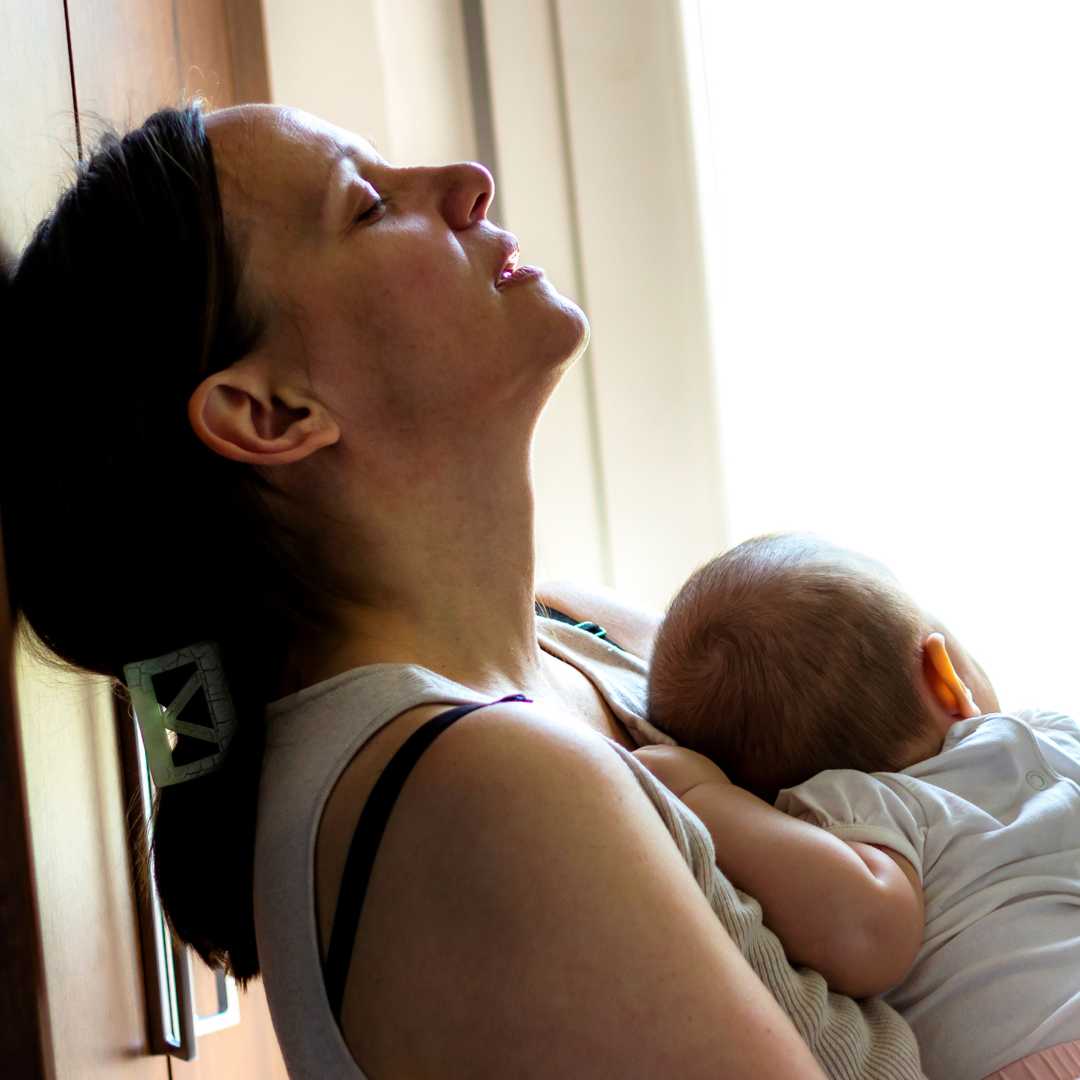
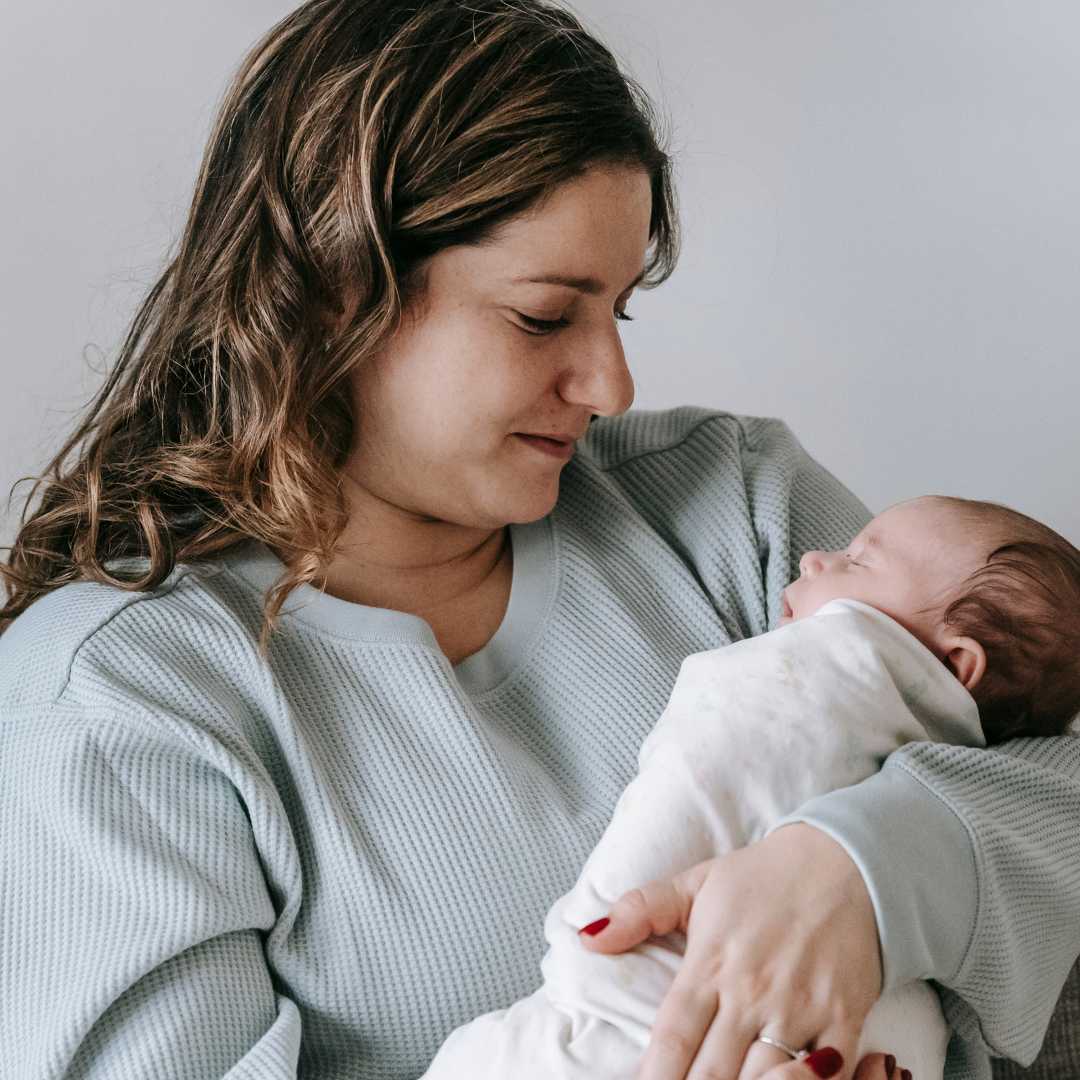
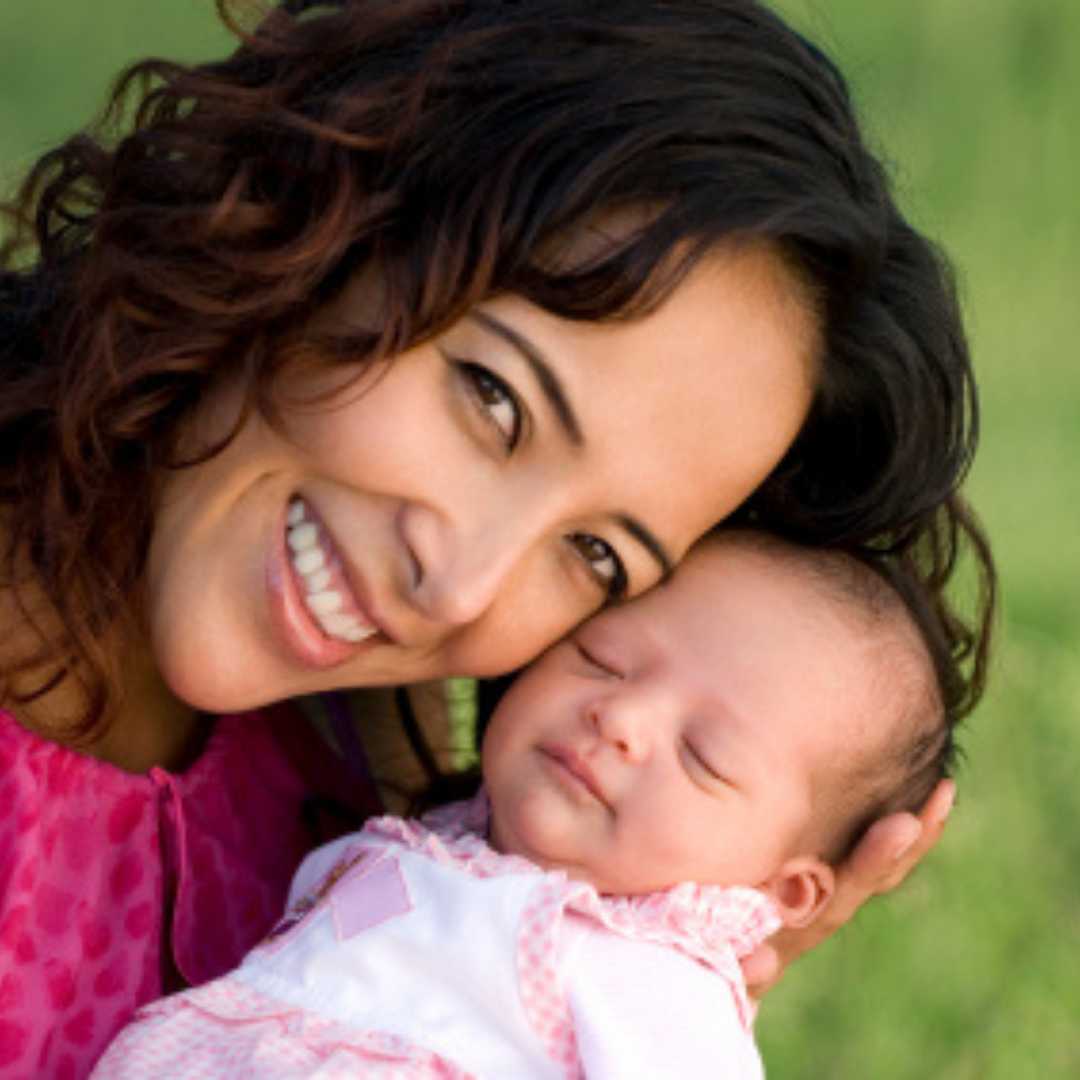



.png)

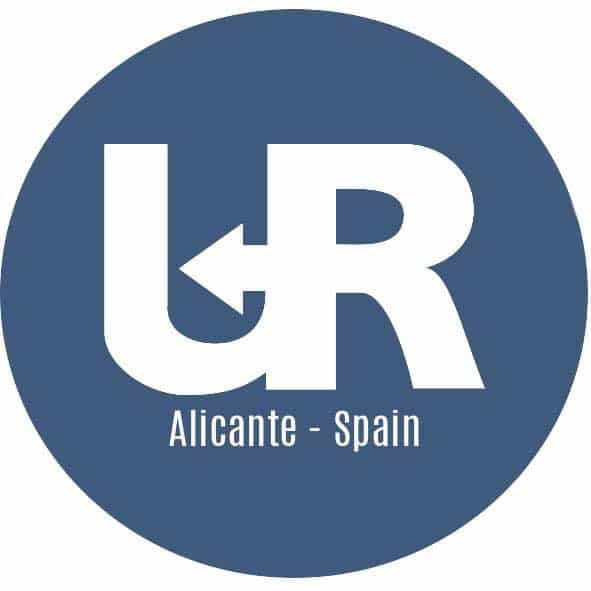

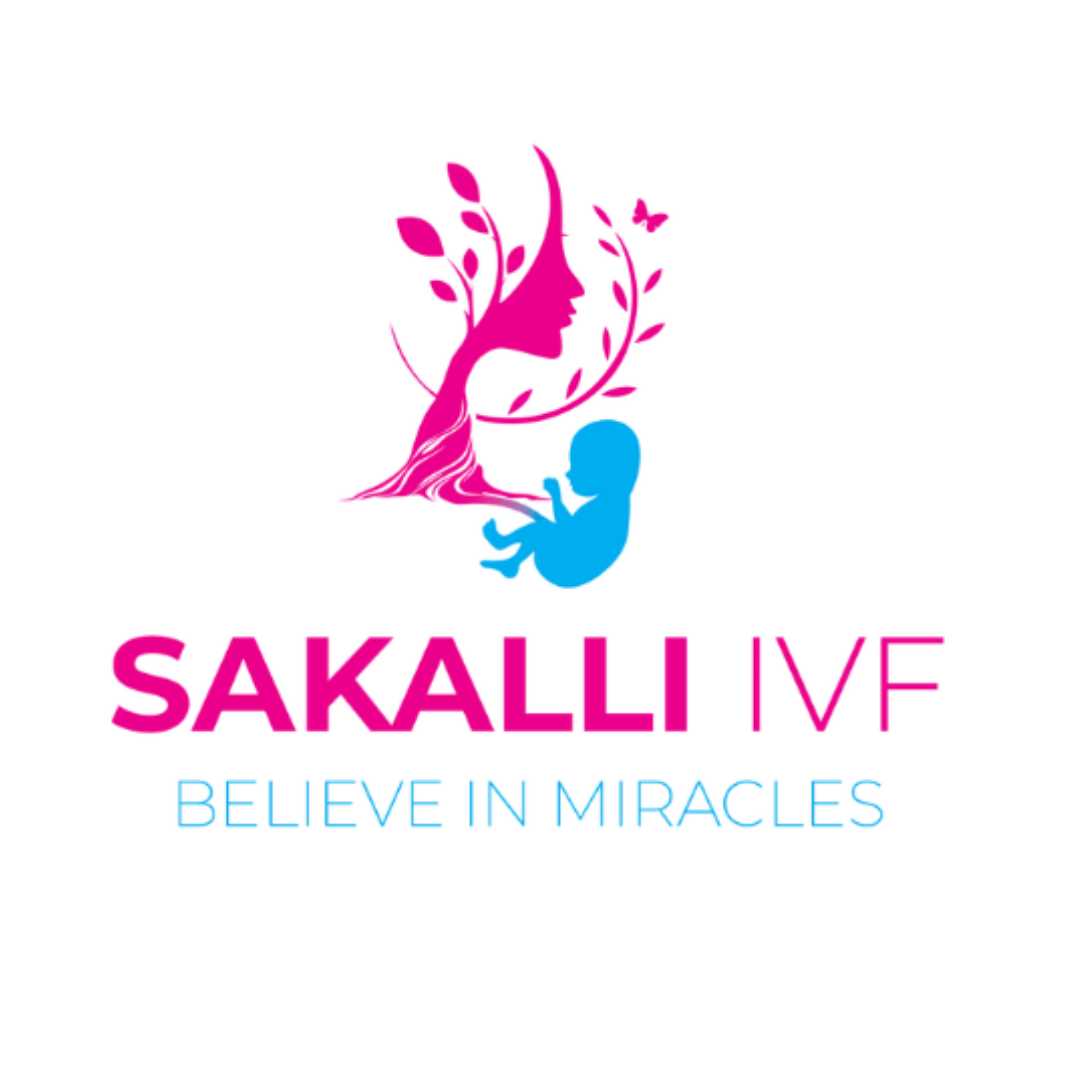


Share this listing